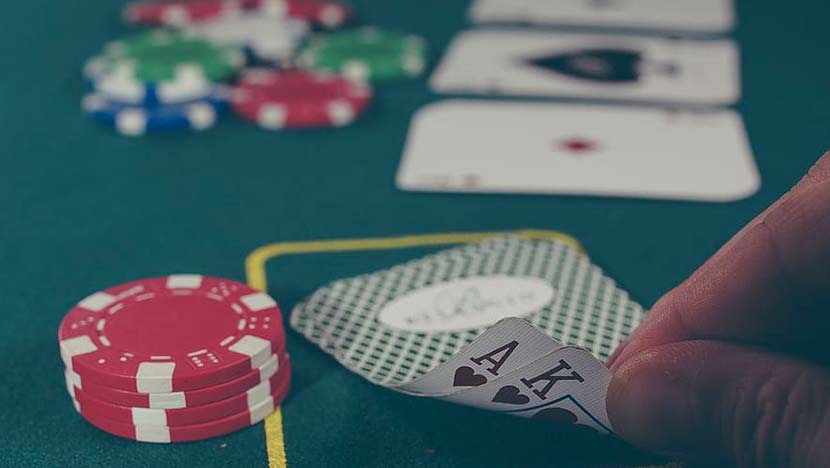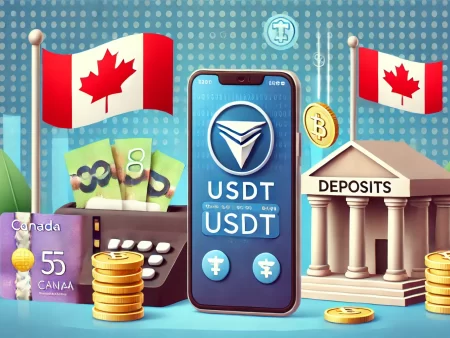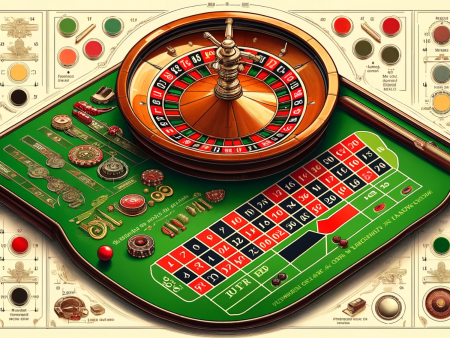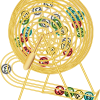
Indigenous gambling in Canada is a multifaceted issue that reflects the rich cultural traditions and spiritual beliefs of Indigenous peoples, as well as the influence of modern casinos on First Nations lands. The history of Indigenous gambling in Canada is intertwined with the history of Indigenous peoples and their relationship with the Canadian government, and it offers a unique window into the complexities of Indigenous life and culture in Canada.
Traditions
Traditionally, Indigenous peoples in Canada engaged in various forms of gambling as a way to celebrate, socialize, and build community. Gambling was often a central part of spiritual and cultural events, such as powwows and potlatches, and was considered a sacred act. The games played varied from community to community, but often involved dice, cards, sticks, and other items. For example, one common game was the “stick game,” which involved a large number of players and was played for hours on end. The stick game was a social event as much as a gambling game, with participants coming together to sing, dance, and socialize.
The Ban
With the arrival of European settlers, Indigenous gambling practices were suppressed and banned by the Canadian government. This ban lasted for nearly a century and had a profound impact on Indigenous communities, disrupting cultural traditions and damaging relationships between Indigenous peoples and the government. The ban was part of a larger policy of assimilating Indigenous peoples into Canadian society, which included the forced removal of Indigenous children from their families to attend residential schools and the ban on Indigenous spiritual practices and cultural events.
The Change
In the late 20th century, the ban on Indigenous gambling was lifted, and First Nations communities were granted the right to operate casinos on their lands. This change in policy was part of a larger trend towards reconciliation between Indigenous peoples and the government, and reflected the recognition of Indigenous rights and sovereignty. Today, Indigenous gambling is a significant industry in Canada, with numerous casinos operating on First Nations lands across the country. These casinos offer a range of gambling options, including slot machines, table games, and sports betting.
One of the key benefits of Indigenous gambling has been the economic development it has brought to First Nations communities. Many communities have used the revenue generated by casinos to invest in education, health care, housing, and other essential services. For example, the Chippewas of Rama First Nation in Ontario used revenue from its casino to build a new health center, which has greatly improved access to health care for the community. In addition, Indigenous gambling has created jobs and has helped to stimulate local economies, particularly in rural areas.
However, Indigenous gambling has also faced criticism and controversy, with some raising concerns about the potential for gambling addiction and other negative social impacts. Critics argue that casinos may have a harmful impact on Indigenous communities and may perpetuate cycles of poverty and addiction. For example, some argue that the prevalence of gambling addiction in Indigenous communities is higher than in the general population, due to the lack of access to mental health services and addiction treatment.
In conclusion, Indigenous gambling in Canada reflects the rich cultural traditions and spiritual beliefs of Indigenous peoples, as well as the influence of modern casinos on First Nations lands. While Indigenous gambling has brought significant benefits to many First Nations communities, including economic development and job creation, it has also faced criticism and controversy. It is important for Indigenous communities and the government to work together to ensure that Indigenous gambling is managed and regulated in a responsible and sustainable manner, to maximize the benefits for Indigenous peoples and minimize any negative impacts. This requires ongoing dialogue and collaboration between Indigenous peoples, the government, and other stakeholders, to ensure that the unique needs and perspectives of Indigenous peoples are taken into account. By doing so, we can help to build a better future for Indigenous communities in Canada, one that reflects the rich cultural traditions and spiritual beliefs of Indigenous peoples while also addressing the challenges posed by modern casinos.











